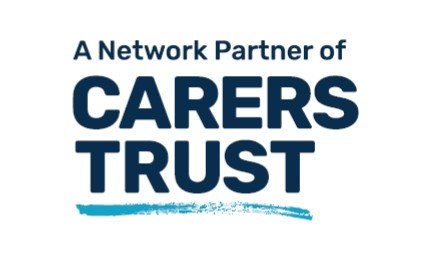Do I need a solicitor to make a power of attorney?
No, but it can be advisable depending on how complex the instructions from the donor are. Also if the person has business interests, properties or lots of assets then it might be best to seek specialist legal advice. Words that are used by people every day have a very specific meaning in law if the POA is disputed and a legal opinion is sought then the way instructions has been worded can be very important.
What types of instructions can the donor make?
This is where things can become complicated. The donor can stipulate if their attorneys can represent them at all times or only if they have lost mental capacity. They can state that there are multiple attorneys who can all act separately or must jointly agree on all, or certain types of decision. They may state that only one attorney can act at a time but nominate another individual to take over if a current attorney is unavailable to act; the donor can also make very detailed instructions if they believe this to be necessary to ensure their wishes are clearly understood.
However, if there is any ambiguity in how these instructions might be interpreted or if what is being asked is considered unreasonable, or impractical, then the Office of Public Guardians can refuse to register the document.
Things to consider
If the donor stipulates that a number of attorneys have to act jointly in decisions, and one of them is unable to continue to act, then the whole POA would be invalidated. As POAs are legal documents, there are some legalities to how they are used; for example, if you are married and your partner is your POA but you then get divorced then this would usually invalidate the POA; unless there are other attorneys who can act separately allowing for this former partner to be removed without issue.
As you can see things can have the potential to become complicated but if all you require is legally recognised authority to act on a person’s behalf, should they lose capacity, then a basic POA can be completed online at relatively low cost and with little specialist knowledge.
What are the benefits of having a POA?
If someone is deemed to lack capacity and there is no POA is in place then trying to pay bills or access their bank account on their behalf can be very problematic. If there are any disagreements about how care should be provided between the family and service providers there would be no one who could act officially as their voice; in these cases, an Independent Mental Capacity Advocate (IMCA) may be used in an effort to determine what they would have chosen.
As a person without capacity is unable to choose someone to act on their behalf becoming their representative would require going through the Court of Protection to become their Deputy. Deputyship hearings can be expensive, and the court will decide what types of representation will be permitted. Whereas a basic Power of Attorney can be drafted online for under a £100, much less if the donor has a limited income, and the donor chooses how much authority someone has to act on their behalf.
What is the role of the attorney?
An attorney should strive to make best interest decisions on behalf of the donor and act as they believe the donor would have acted. For example, if the donor always gave £50 a year to a Cat Charity then it would be acceptable that the attorney continues to do this on their behalf. However, if the attorney didn’t really like cats and so gave the money to a dog charity instead arguably they would then be acting based on their personal preference rather than considering what the donor would have wanted. The role of the attorney is to always try to act as the donor would have wanted, as well as to safeguard their best interests.
See HM Government website: Make, register or end a lasting power of attorney: Overview – GOV.UK (www.gov.uk)
See the NHS website: Giving someone power of attorney – NHS (www.nhs.uk)



